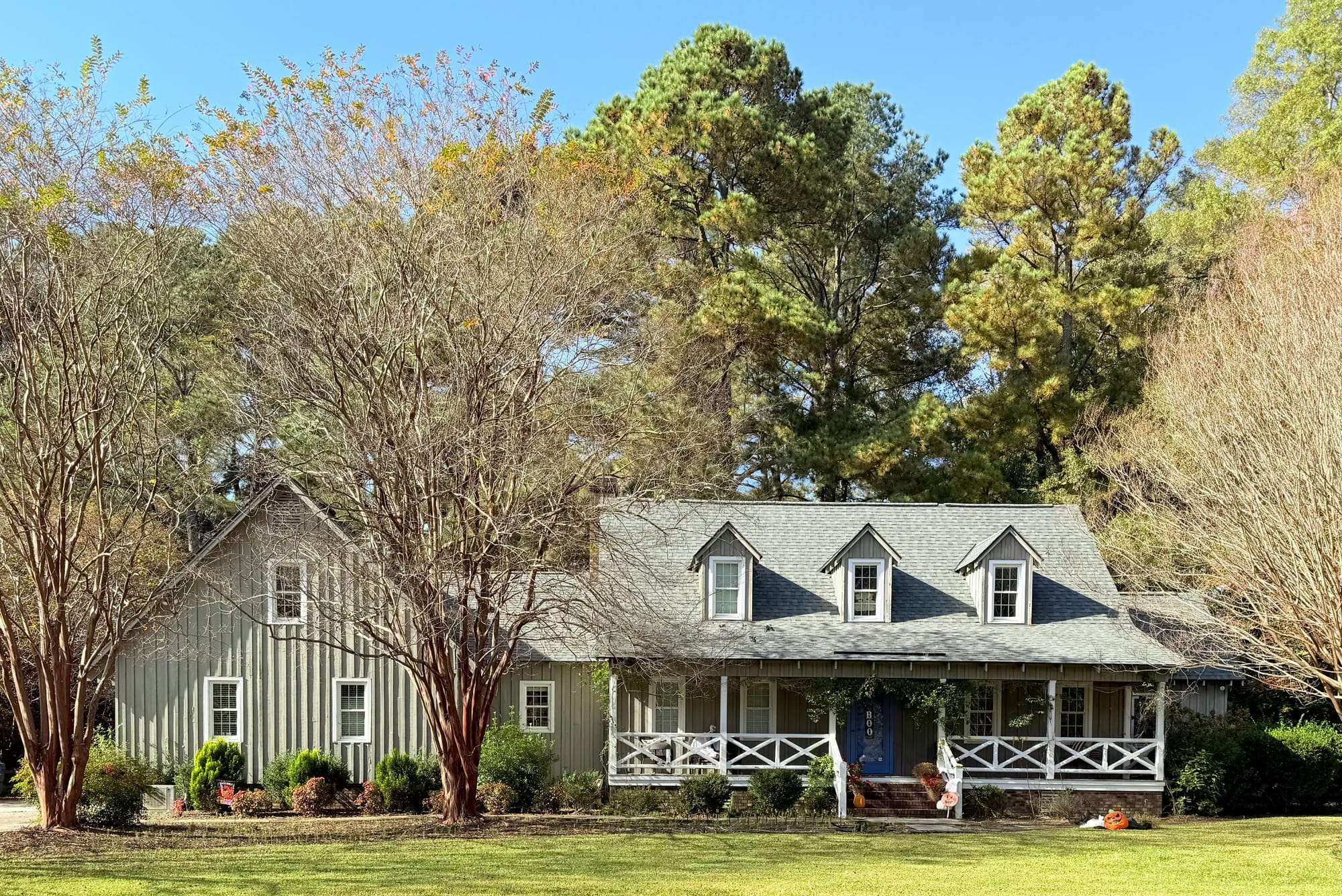Deeds are the legal documents that transfer ownership of real estate from one person or entity to another. Three kinds of deeds are in broad use today, with varying levels of protection for the buyer.
Neither the least protective nor the most, special warranty deeds strike a balance that makes them popular with sellers. Buyers, however, should know what a special warranty deed does and does not guarantee.
In this article we explain the three main kinds of real estate deeds—from the most guarantees to the least—and why special warranty deeds occupy a popular middle ground.
Get Free QuotesWhat Is a Special Warranty Deed?
You know that when you buy a product in a store, you get a receipt. When you buy a car, you get the title or pink slip. Well, when you buy real estate, you get the deed to the property.
The three common types of real estate deeds are warranty deeds, which offer the most assurances to the buyer; special warranty deeds, which offer some assurances; and quitclaim deeds, which guarantee only that the seller is selling his or her share of ownership, which could be 0%.
Special warranty deeds are also called limited warranty deeds. Special implies that they do more than a warranty deed when they actually do less. Changing the adjective to limited is more accurate.
When Are You Likely to See a Special Warranty Deed?
Real estate agencies and attorneys will select the best deed for the situation. You're more likely to encounter a special warranty deed in the following circumstances.
Special warranty deeds are common in commercial real estate transactions.
A special warranty deed is mostly used in commercial real estate transactions, where it might go by other names: grant deed, covenant deed, limited warranty deed.
Special warranty deeds are used in buying or selling foreclosed homes.
Special warranty deeds are common when buying foreclosed property because all previous liens and encumbrances on the title should have been wiped away through the foreclosure process. Therefore, the lesser assurances of a special warranty deed are sufficient to provide peace of mind when buying a foreclosed home.
When you buy or sell a home, you're more likely to use a general, as opposed to special, warranty deed.
|
|
|
|---|---|
| Warranty Deed | Guarantees that the property is free from title defects since the dawn of time. |
| Special Warranty Deed | Guarantees that the property is free from title defects for the entire time the seller has owned it. |
| Quitclaim Deed | Guarantees only that the seller is selling his or her interest in the property, whatever that may be. |
Warranty deeds.
The grantor (seller) promises there are no title defects. Mainly, he guarantees that he has title to the property, he has the legal right to sell the property, there are no encumbrances against the property, and nobody else has a lawful claim of title. This kind of deed is sometimes called a "general warranty deed" to differentiate it from the special kind.
Special warranty deeds.
With special warranty deeds, grantors guarantee that they, personally, didn’t create any title defects. However, the period of time outside of the grantor's ownership is expressly excluded from this guarantee. The property could have prior claims of title.
Related
Grantor and grantee explained
Quitclaim deeds.
The grantor doesn’t promise anything at all, and the buyer takes a chance that the deed won't be worth the paper it's printed on. With this type of deed, the grantor conveys whatever interest he has in the property but makes zero promises about what that interest is. Quitclaim deeds are best used in family transactions where both parties trust each other. They are also efficiently used to remove one spouse from the deed after a divorce.
What a Special Warranty Deed Shows
The absence of any of the following information on a special warranty deed could call into question its validity.
- The grantor's (seller's) name and address
- The buyer’s name and address (known as the “Grantee”)
- A legal description of the property, not merely an address. This description must include property lines and lot number, which can be found on the existing deed.
- A formal statement from the grantor expressing the desire to convey the real estate to the grantee (buyer).
- A statement from the grantor that he or she is the legal owner of the property and thus has the legal right to transfer title
- A statement that the grantor knows of no outstanding claims against the property that were established during his or her ownership
- The grantor guarantees that he or she has a clear title as far as their period of ownership goes.
What's missing?
With a special warranty deed, there are no guarantees about the time period before the grantor’s ownership of the real estate. Further, although the grantor must state that no claims against the property arose during his or her ownership, it's possible for a claim to exist that the grantor doesn't know about (or claims not to know about).

What Makes a Title a "Clear Title"?
A clear title is a title without any type of lien or levy from creditors or other parties that would raise questions about legal ownership. For example, an owner of a home with a clear title is the sole undisputed owner and no one else can make any kind of legal claim about owning that home. A clear title is also called a “clean title,” a “just title,” and a “free and clear title.”
When a piece of real estate has debts or liens against it, the title is said to be cloudy. "Cloudy title might involve missing heirs and signatures or conflicting deeds or property descriptions in the chain," explains Gabrielle Kirch, a former abstractor (real estate researcher). "If the title is cloudy, you may need to consult an attorney specializing in local property law to clear it up."
Conclusion
While you're not likely to use a special warranty deed when buying or selling a home, it's good to know what assurances this deed does and does not provide that make it "special." A special warranty deed does not fully guarantee a clear title like a warranty deed does. But, when both parties are confident of a clear title, such as in commercial real estate transactions, they frequently opt for the lesser guarantees of a special warranty deed.
Get Free QuotesRelated Posts







